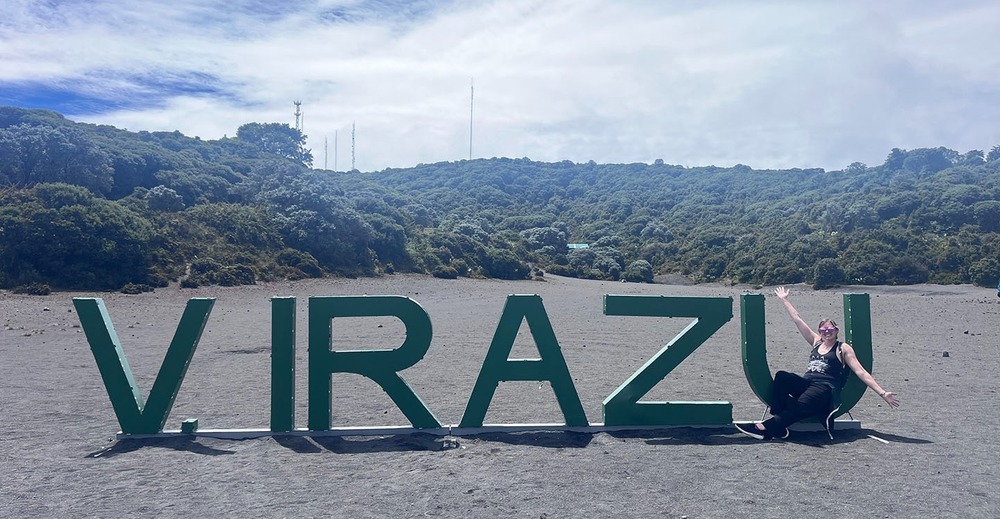Over the past year, an initiative spearheaded by the NEA Foundation has provided Longfellow Middle School seventh-grade English Language Arts teacher Bridget Brown with an enriching opportunity to delve into the United Nations' Sustainability Goals and their implications for the educational sector. The initiative brought together more than 40 educators from across the United States, facilitating a collaborative environment to develop innovative teaching strategies. This comprehensive program also focused on fostering global competencies among students and exploring the rich history, education, and culture of Costa Rica.
Throughout the program, Brown worked in a small group to create a website and activities aimed at implementing more perspective-taking exercises in classrooms. These resources are designed to encourage critical thinking skills and foster a sense of empathy among students. The collaborative effort highlights the importance of equipping students with the necessary tools to navigate an increasingly interconnected world.
In June, participants had the opportunity to travel to Costa Rica and visit three schools: a technical high school, a school tailored for students with severe disabilities, and an innovative dual-language French/Spanish secondary school. This exploration provided firsthand insights into Costa Rica's unique educational landscape, which has been a priority since the country abolished its military in 1948 and redirected its resources towards education.
According to a presentation on Costa Rica's current educational state, however, challenges such as access, funding, and educational standards persist despite the significant investments, Brown said. The journey also included a visit to the United Nations' University of Peace, which enriched the educators' understanding of peace education.
Beyond the educational focus, the trip facilitated valuable connections and friendships among the educators. Participants bonded while exploring Costa Rica's natural wonders, including volcanoes and national parks, and engaging in cultural activities such as coffee tasting and learning about organic farming. These shared experiences have laid the groundwork for ongoing professional collaboration.
“In addition to the education-focus of the field study, the time in Costa Rica allowed me to form great friendships and connections with so many teachers from across the U.S.,” Brown said. “Through our experiences, we learned from each other, and I now have so many new colleagues I am eager to connect with professionally in the future.”
The program has not only strengthened the educators’ network of colleagues across the United States but also broadened their perspectives, Brown said. As they return to their respective schools, they are eager to implement their newfound knowledge and foster more globally aware and empathetic learning experiences for students.

